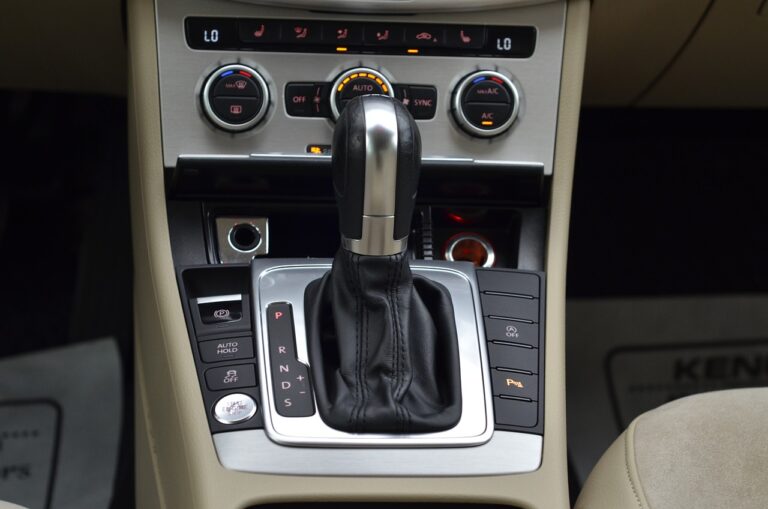Analyzing the Impact of In-Car Entertainment on Eco-Friendly Lifestyle Promotion
skyexchange login, world777 login, golds bet login: With the rise of technology and the increasing demand for convenience in our daily lives, in-car entertainment systems have become a popular feature in modern vehicles. These systems offer a range of entertainment options such as music, streaming services, navigation, and even internet connectivity. While in-car entertainment systems provide a convenient and enjoyable experience for drivers and passengers, there is debate surrounding their impact on promoting an eco-friendly lifestyle.
As more people shift towards sustainable living and seek to reduce their carbon footprint, it is crucial to analyze how in-car entertainment systems align with these goals. In this article, we will delve into the impact of in-car entertainment on promoting eco-friendly habits and explore ways in which these systems can be used to encourage sustainable practices.
**The Rise of In-Car Entertainment**
In-car entertainment systems have come a long way from simple radio and CD players to sophisticated multimedia platforms with touchscreens and voice control. These systems offer a range of features that enhance the driving experience, keeping passengers entertained and engaged during long journeys.
With the advent of connectivity options such as Bluetooth, Wi-Fi, and 4G, in-car entertainment systems now offer a host of entertainment options, including music streaming, video playback, social media access, and online gaming. The integration of navigation systems, voice assistants, and smartphone mirroring further enhances the functionality of these systems, making them an indispensable part of modern vehicles.
**The Impact on Eco-Friendly Lifestyle Promotion**
While in-car entertainment systems provide a host of benefits, including entertainment, convenience, and connectivity, their impact on promoting an eco-friendly lifestyle is a topic of debate. Some argue that in-car entertainment systems contribute to greater energy consumption, as they require power to operate and may distract drivers from focusing on fuel-efficient driving habits.
On the other hand, proponents of in-car entertainment systems point to the potential for these systems to promote eco-friendly practices. For example, navigation systems can help drivers find the most fuel-efficient routes, reducing carbon emissions. In-car entertainment can also promote carpooling and public transportation by providing information on alternative travel options.
**Ways to Promote Eco-Friendly Habits Through In-Car Entertainment**
While in-car entertainment systems may pose challenges in promoting an eco-friendly lifestyle, there are ways in which these systems can be used to encourage sustainable practices:
1. **Fuel Efficiency Tips**: In-car entertainment systems can provide tips and suggestions for driving in a fuel-efficient manner, such as avoiding rapid acceleration and maintaining a steady speed.
2. **Eco-Friendly Destinations**: Navigation systems can highlight eco-friendly destinations, such as parks, nature reserves, and environmentally conscious businesses, encouraging drivers to explore sustainable options.
3. **Carbon Emission Tracking**: In-car entertainment systems could include features that track and display real-time carbon emissions, raising awareness about the environmental impact of driving habits.
4. **Reward Programs**: Manufacturers could introduce reward programs that incentivize eco-friendly driving behavior, such as reducing energy consumption or carpooling.
By harnessing the capabilities of in-car entertainment systems and integrating eco-friendly features, manufacturers and developers can play a vital role in promoting sustainable living practices among drivers and passengers.
**Conclusion**
In-car entertainment systems have revolutionized the driving experience, offering a range of entertainment options and connectivity features. While these systems have the potential to enhance our daily lives, it is essential to consider their impact on promoting an eco-friendly lifestyle.
By utilizing the capabilities of in-car entertainment systems to encourage sustainable practices such as fuel-efficient driving, carbon emission tracking, and eco-friendly destinations, we can leverage technology to promote a more environmentally conscious approach to transportation.
As we continue to embrace innovation and technology in our vehicles, let us strive to harness these tools to promote eco-friendly habits and drive towards a more sustainable future.
**FAQs**
Q: Do in-car entertainment systems contribute to greater energy consumption?
A: In-car entertainment systems do require power to operate, which can contribute to increased energy consumption. However, by using these systems strategically and promoting eco-friendly practices, their impact on energy consumption can be mitigated.
Q: How can in-car entertainment systems promote eco-friendly habits?
A: In-car entertainment systems can promote eco-friendly habits by providing fuel efficiency tips, highlighting eco-friendly destinations, tracking carbon emissions, and incentivizing eco-friendly driving behavior through reward programs.
Q: Are there any drawbacks to using in-car entertainment systems?
A: While in-car entertainment systems offer convenience and entertainment, they may pose challenges in promoting eco-friendly practices, such as distracting drivers from focusing on fuel-efficient driving habits. It is essential to use these systems responsibly and integrate eco-friendly features to maximize their potential for promoting sustainable living.







